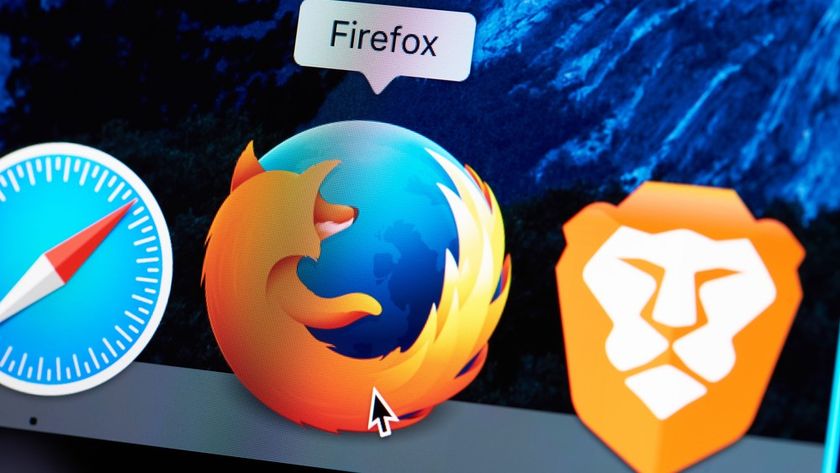Wherever you are in the world, it's easy to mistake one thing for something else – and one craze has been to blame for many UFO sightings recently: "It's these blasted Chinese lanterns," says Lake. "They're becoming a blooming nuisance. A lot of people buy them, they're quite large. A company sent me one, we lit it and before we could get the camera going, it was gone! They're orange in colour, so people see that and go 'My God!'"

SKY OF FIRE: Chinese sky lanterns create spectacular but eerie shows that spark flurries of UFO reports
Chinese sky lanterns are made from thin paper on a lightweight frame. Acting like toy hot air balloons and using a candle or similar luminous heat source, they can soar for miles and are regularly mistaken for UFOs by a general public primed by shows such as The X Files.
"One night, there were about 20 [sky lanterns] over London and the general public thought we were being invaded. So we have to accommodate that as well," says Lake.
BUFORA has developed a way of quickly finding out what they're dealing with and reassuring those reporting lantern sightings. "Our questionnaire is great because it has all the relevant questions, and I can then say 'OK we're looking at sky lanterns,'" says Dixon.
"But often, because people want to believe, it's a huge problem. So I have a standard letter that says 'Google Chinese sky lanterns UFOs' and it will bring up video footage, photographs, all kinds of nonsense written by the media, and you'll be able to see if that's similar to what you saw."
But while the internet makes it easier for people to report things they see in the night skies, it's had a detrimental effect on many ufology organisations.
Get daily insight, inspiration and deals in your inbox
Sign up for breaking news, reviews, opinion, top tech deals, and more.
The game changer
"Of course, the internet has changed everything for everyone," laments Dixon. "We used to publish a magazine and we were actually a limited company. But now, because of the time involved with that and with being a voluntary organisation, we dissolved the company, so we don't have members anymore."
No company membership means no funding through subscription payments. Change was inevitable once the internet got a grip on people's lives and altered the way the public expects others to serve up information.
"What happened was, we used to publish a very good magazine, and with the advent of the internet we decided that being on the web was a better way of doing all this stuff," says Dixon. "If you go to the British Library, you'll find Sky Link," says Lake.
"That was our magazine. It started off with about seven or eight pages, and finished up with God knows how many. I kept it up for quite a few years. Then the internet arrived and I went on there and found that there was so much stuff going on. There were a lot of groups that actually folded because the internet meant they couldn't afford to do it any more."

PLANE STUPID: Because sightings are reported faster, the internet makes it easier to spot unusual aircraft
The internet has also made it much easier for the media to contact ufologist organisations. Sensation-seeking publications increasingly look up people such as Dixon and Lake for comment on various things, and they don't always do it with the best of intentions.
"The Sun wanted my opinion on 2012," says Lake. "I haven't even seen the damned thing. It only came out last Friday! But they still wanted to know what I thought of it."
"People can so easily get a hold of us, and so can the media who, with great respect, are such a pain!" exclaims Dixon.
"TV and radio: most of it's a nightmare. And as I try to explain in the training course, when dealing with the press, you're a two-minute slot, you're in and out, and they're not interested. They want to sensationalise it and then they're onto the next thing. That's the way it works. On occasion, though, you get one like Radio 4, which I love."
Trained observers
The training course that Dixon mentions is a qualification in aerial identification for UFO researchers. The internet has even changed the way that BUFORA teaches this. "It's in six modules with an examination," she says, "and we have quite a few people on the course. It used to be that the training course was done by snail mail and I'd be writing and hand marking it. It's so much easier now."
Proper training is seemingly becoming increasingly necessary. Dixon warns against making up your mind about what you see in the night sky by naively looking online at a single website. It's important to verify what one page says against information on others.
"If I find something and I'm not too sure what it is," she told us, "I can Google it and have a look around and the information is there. It's not always accurate, mind you, especially on Wikipedia. I mean, you can edit it but then someone else can come along and edit it, so I don't think it works very well. Some of the things they've written about BUFORA!"
Which is, of course, further proof that the internet has both furthered and hindered the ufologists' cause.












